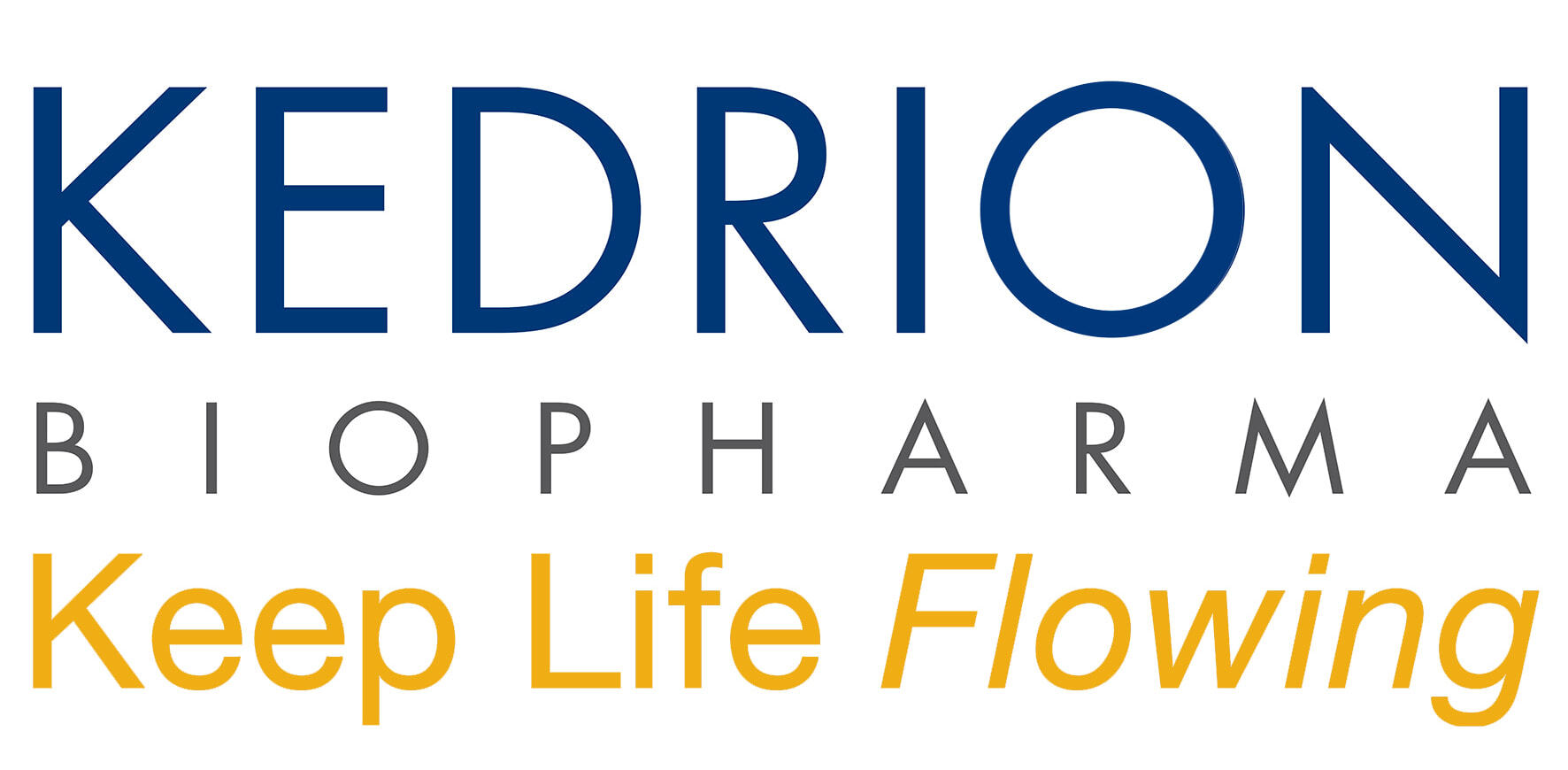Our partnerships
We at Kedrion believe it is in the best interest of communities, regions and countries everywhere to become self-sufficient in plasma and plasma-derived products. We are ready to help countries, regions and health care systems achieve this goal. Our history has provided us with unique experience and capacities to do this.
While we grow, we do not forget our roots in this history.
A partnership for people
Kedrion is unique in the expertise gained in its partnership with the Italian healthcare system, processing the plasma collected by the National Health Service blood system from some 1,700,000 donors in 318 hospital-based Blood Transfusion Centers and distributing the plasma-derived medicinal products to meet the therapeutic needs of the country.
From its beginning HUMAN BioPlazma has been committed to provide the Hungarian market with sufficient medicinal products to meet its needs.
The operational model
As the major plasma fractionator for Italy, with a full-cycle production capacity, Kedrion has developed an operational model that is highly competitive, efficient and finely tuned to the Italian blood system’s unique expectations and needs. Our experience has allowed us to partner with other countries, regions and systems to provide everything needed to move from plasma dependence to plasma self-sufficiency, from consultation to building a full collection-to-derivative distribution system. As we expand further into world markets we bring this experience, our dedication to research and development, and our substantial industrial capacity. Our commitment to community self-sufficiency expands with us.
The way forward

Our partnership activities and procedures have been developed and refined with extensive experience and constant appraisal. With modification appropriate to local needs, circumstances and cultural values, they can be implemented internationally based on:
- National commitment to self-sufficiency of blood, plasma and derived-products integrated in the national health policy
- The social contribution and the strategic role of donors
- A cost-effective model that reduces importation to fulfill unmet medical needs and product demand
- Local collection, fractionation and distribution to help maintain quality and safety of blood components, plasma-derived medicinal products and transfusion procedures
- Potential to transfer best-practice technological experience and know-how to partners



